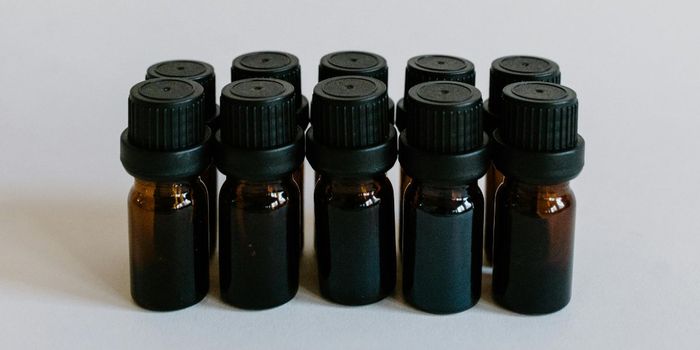Free Radicals May Actually be Good for the Brain
Reactive oxygen species (ROS) are a type of highly reactive molecule, because they have a lone electron in their outer shell. These so-called free radicals want to donate or steal single electrons from other molecules. Studies have shown that free radicals can be destructive.
Work in mouse models has suggested, however, that free radicals are also involved in the regulation of cellular processes in the brain, and they are important for the brain's adaptability. Reporting in Cell Stem Cell, scientists have focused on a region of the brain that is critical to learning and memory, called the hippocampus, to learn more about the effect of free radicals.
The scientists linked the creation of new neurons, and their specification, to ROS levels. Lower levels of ROS were connected to an increase in the proliferation and differentiation of neurons, even in adult animals.
"This so-called adult neurogenesis helps the brain to adapt and change throughout life. It happens not only in mice, but also in humans," said Professor Gerd Kempermann, speaker of the German Center for Neurodegenerative Diseases (DZNE) at Dresden site and research group leader at the Center for Regenerative Therapies Dresden (CRTD).
New nerve cells form from stem cells that are sometimes called neural precursors. "These precursor cells are an important basis for neuroplasticity, which is [what] we call the brain's ability to adapt," said Kempermann.
Neural stem cells in mice were found to have high levels of free radicals compared to differentiated nerve cells.
"This is especially true when the stem cells are in a dormant state, which means that they do not divide and do not develop into nerve cells," said Kempermann. As the levels of free radicals increases, the stem cells are encouraged to divide. "The oxygen molecules act like a switch that sets neurogenesis in motion."
While normal cellular metabolism generates waste products including free radicals, they are usually disposed of and are not allowed to accumulate in the cell. If they do, damage called oxidative stress can occur.
"Too much of oxidative stress is known to be unfavorable. It can cause nerve damage and trigger aging processes," explained Kempermann. "But obviously this is only one aspect and there is also a good side to free radicals. There are indications of this in other contexts. However, what is new and surprising is the fact that the stem cells in our brains not only tolerate such extremely high levels of radicals, but also use them for their function."
Antioxidants can help counteract the effects of radicals and stop oxidative stress. Many fruits and vegetables contain antioxidants.
"The positive effect of antioxidants has been proven and is not questioned by our study. We should also be careful with drawing conclusions for humans based on purely laboratory studies," cautioned Kempermann. "And yet our results at least suggest that free radicals are not fundamentally bad for the brain. In fact, they are most likely important for the brain to remain adaptable throughout life and to age in a healthy way."
Sources: AAAS/Eurekalert! via DZNE - German Center for Neurodegenerative Diseases, Cell Stem Cell









